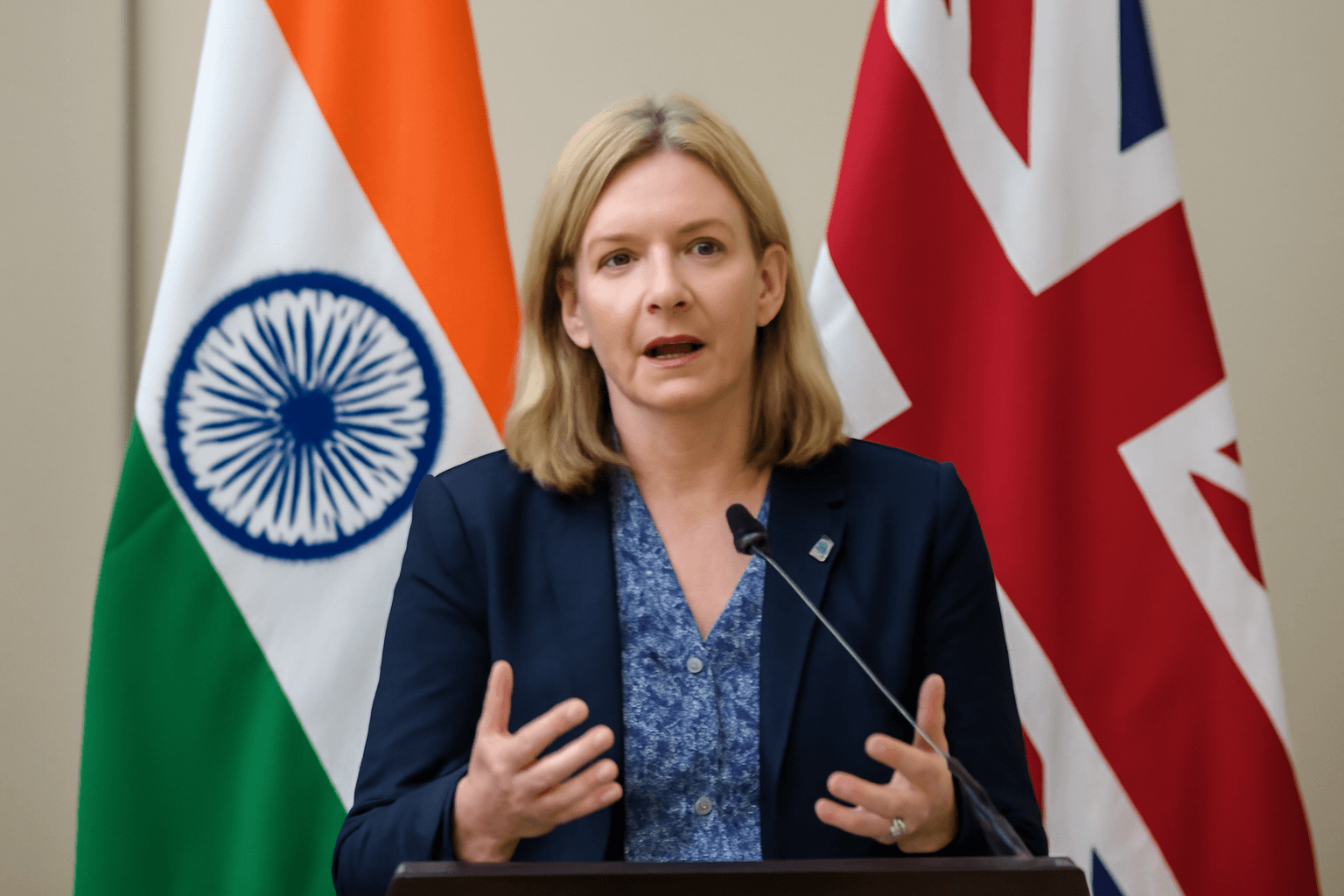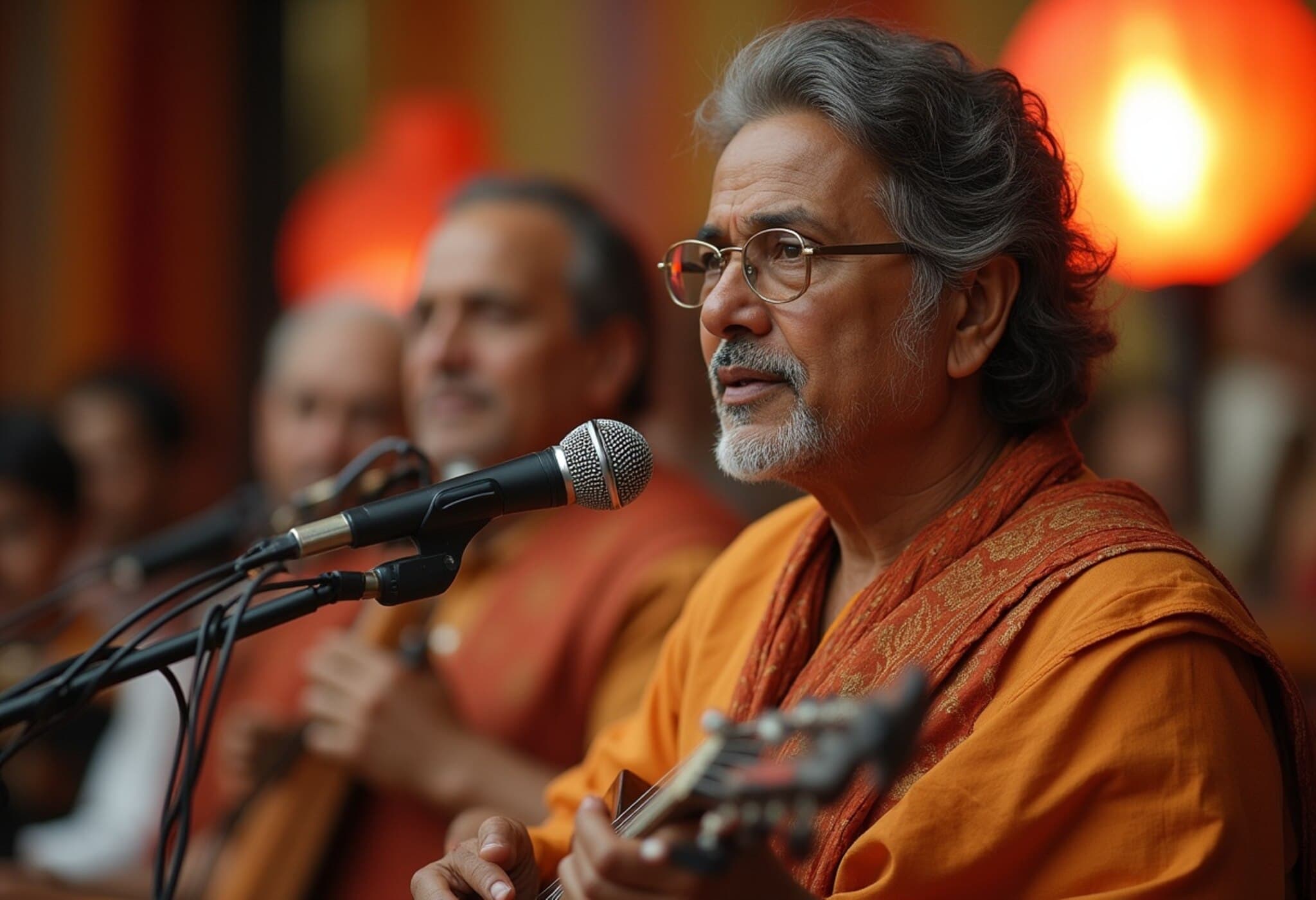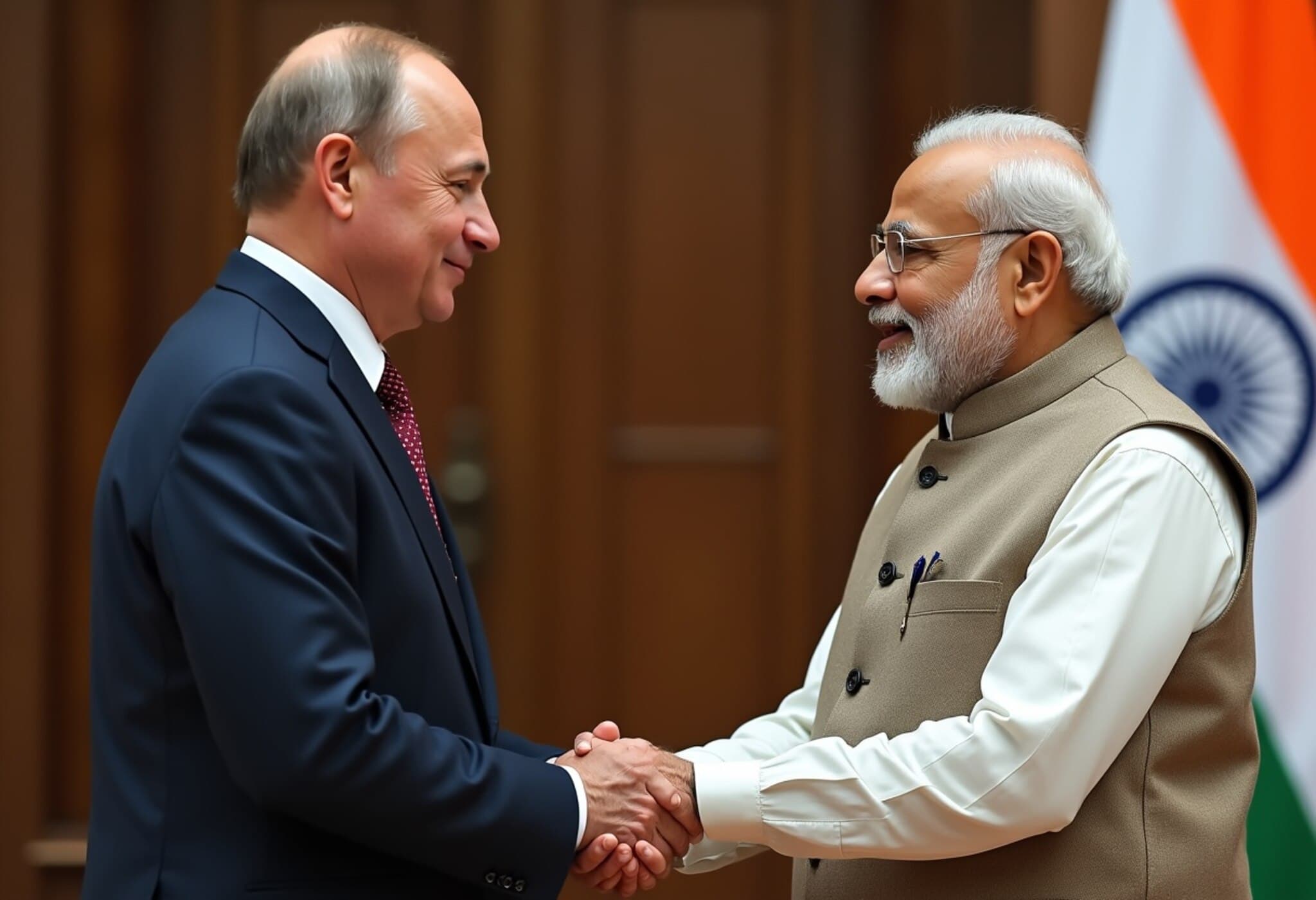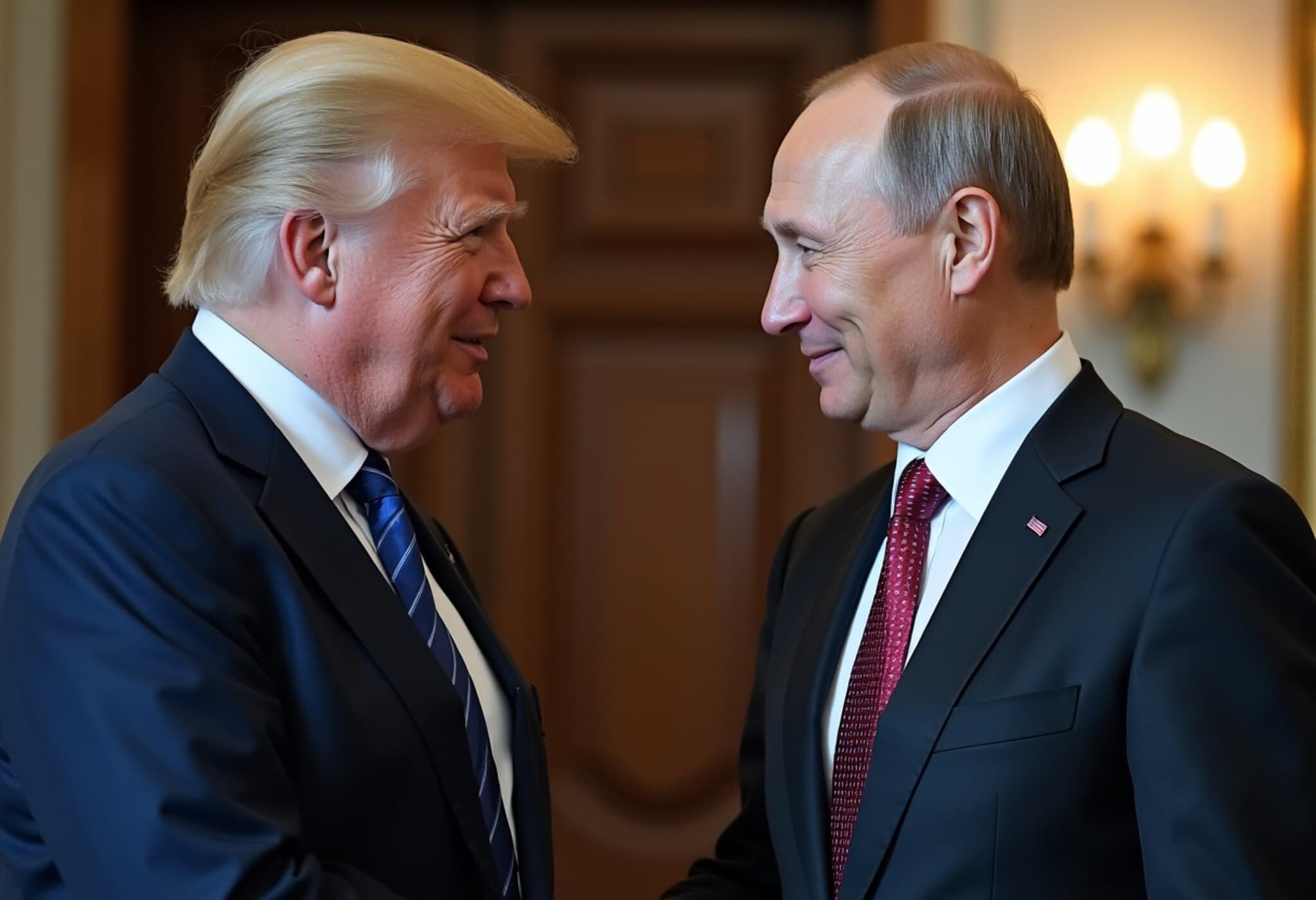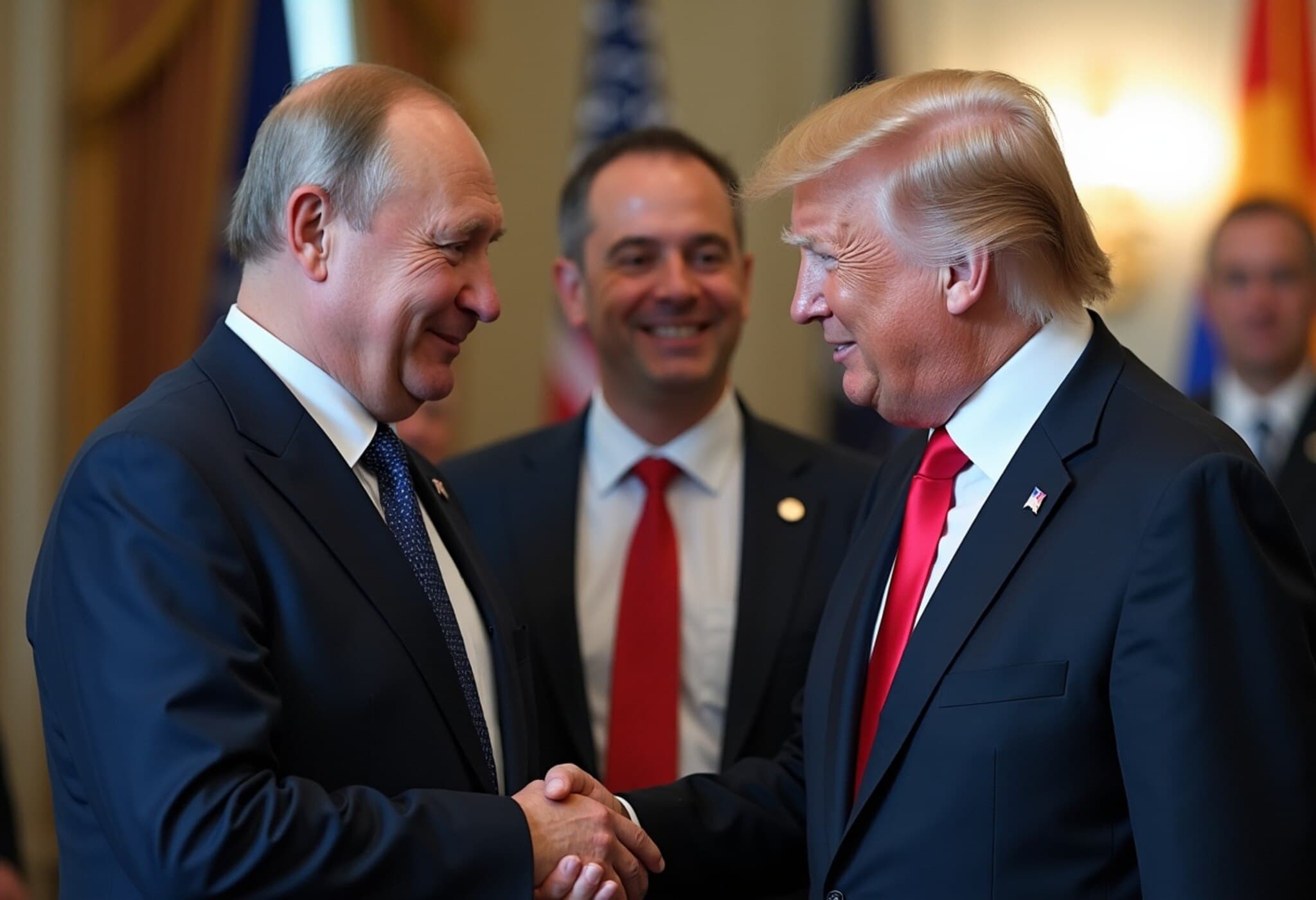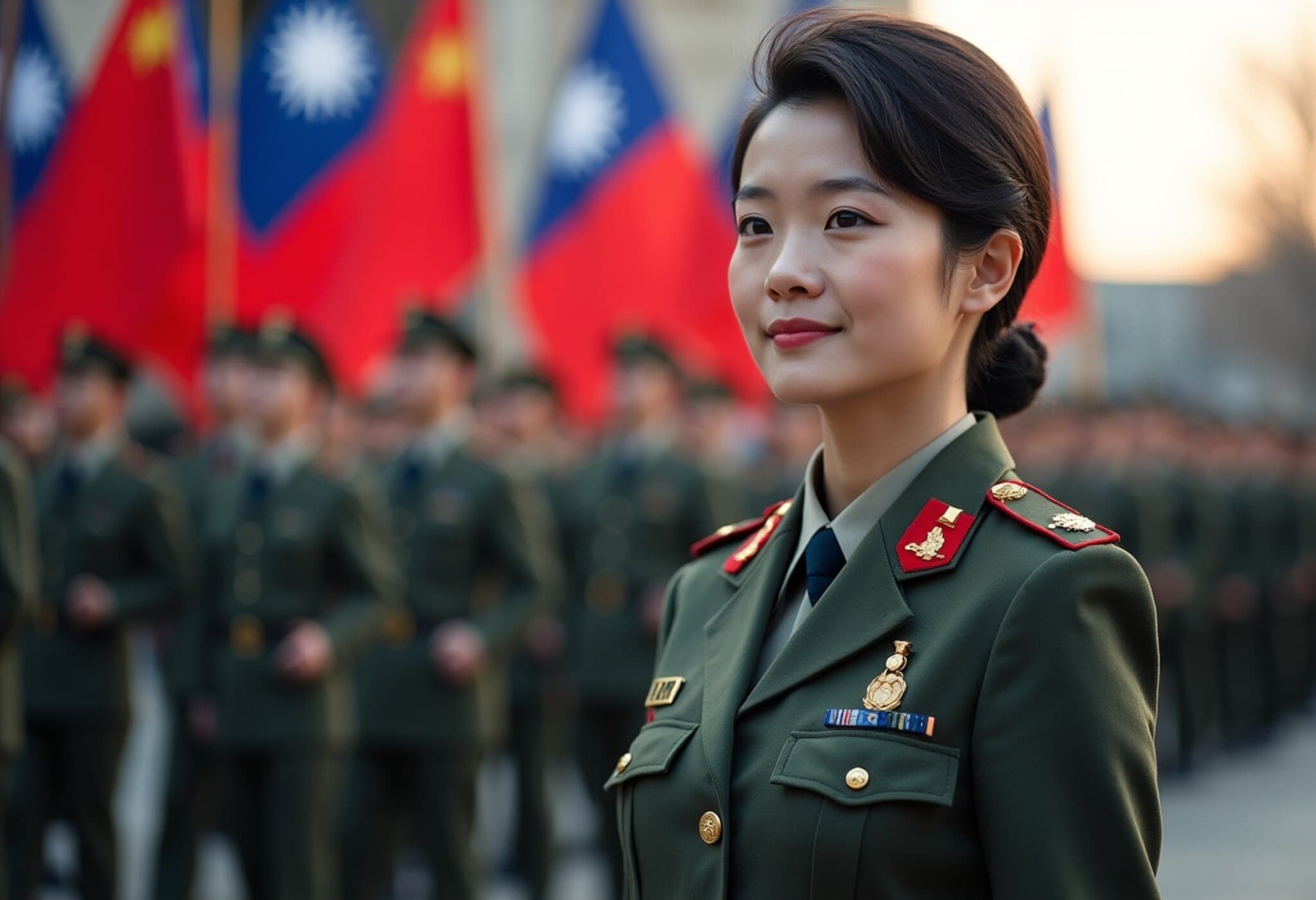India-UK Relations: Natural Partners on a Shared Journey
During an engaging conversation with Firstpost Managing Editor Palki Sharma at SheShakti 2025, British High Commissioner to India, Lindy Cameron, underscored the special relationship between India and the United Kingdom. "We are natural partners," she stated, emphasizing the deep roots and forward-looking potential of the bilateral ties.
The recently signed India-UK trade agreement exemplifies this burgeoning partnership. Cameron highlighted the significance of the agreement, signed during the Prime Minister's visit to Chequers, UK, marking a milestone in economic and strategic collaboration. This moment also signaled the launch of the Vision 2035, a blueprint outlining ambitions for the next phase of India-UK cooperation.
Building on Shared History and Cultural Ties
Acknowledging the complex colonial history that both countries share, Cameron nonetheless pointed to abundant commonalities that bind the UK and India, including cultural references, a shared language, and extensive people-to-people contacts. Such factors facilitate dialogue and collaboration across sectors.
She also noted the UK's continuing prestige as a centre of global higher education, with seven British universities currently planning campuses in India, signaling growing academic exchange and investment.
Lindy Cameron: Breaking Glass Ceilings and Championing Women’s Roles
As the first woman to serve as British High Commissioner to India, Cameron brought a unique perspective on gender and leadership. Reflecting on her career, she recalled being "the only woman in the room" for long stretches, underscoring the challenges women face in traditionally male-dominated spheres.
Drawing from her experiences, including her time in Northern Ireland during its peace process, Cameron emphasized the indispensable impact women have on lasting peace and policymaking. "Peace processes that involve women are more resilient and sustainable," she explained, citing women’s critical advocacy borne out of disproportionate impacts from conflict, such as sexual violence and workforce exclusion.
Words of Encouragement for Women Leaders
When asked to share advice with aspiring women leaders, Cameron offered a poignant message: "Create room not just for yourself but for those who come after you." She urged women not to be discouraged by underrepresentation and to actively pave the way forward by making inclusive spaces in leadership and decision-making.
"When you look at the room and you don’t see enough women, don’t let that hold you back. Go in and create the room that you want to see for the people who come after you," Cameron said. Her words resonate in today’s global context where gender diversity remains an essential yet unevenly achieved goal.
Looking Ahead: A Dynamic Future for India-UK Engagement
This dialogue highlights the evolving narrative of India-UK relations — from a historical legacy to a vibrant partnership focused on economic growth, education, and social progress. Initiatives like the Vision 2035 plan demonstrate a mutual commitment to shared prosperity and resilience amid changing geopolitical dynamics.
Moreover, Cameron's insights on women’s inclusion serve as a call for continued progress in equity, not just within diplomatic circles but across societies globally.
Editor’s Note
British High Commissioner Lindy Cameron’s reflections weave together the past, present, and future of India-UK relations, encapsulating both promise and responsibility. As new trade agreements and educational collaborations come to fruition, they lay groundwork for deeper integration and mutual growth. Yet, Cameron’s advocacy for women’s empowerment reminds us progress is a collective journey, demanding persistent effort to ensure inclusivity in leadership and peacebuilding.
For readers and policymakers alike, the key question is: How can the momentum from diplomatic ties translate into tangible improvements for everyday citizens, particularly women and marginalized groups in both countries? As the partnership evolves, ongoing engagement and nuanced understanding will be crucial to realizing its full potential.

